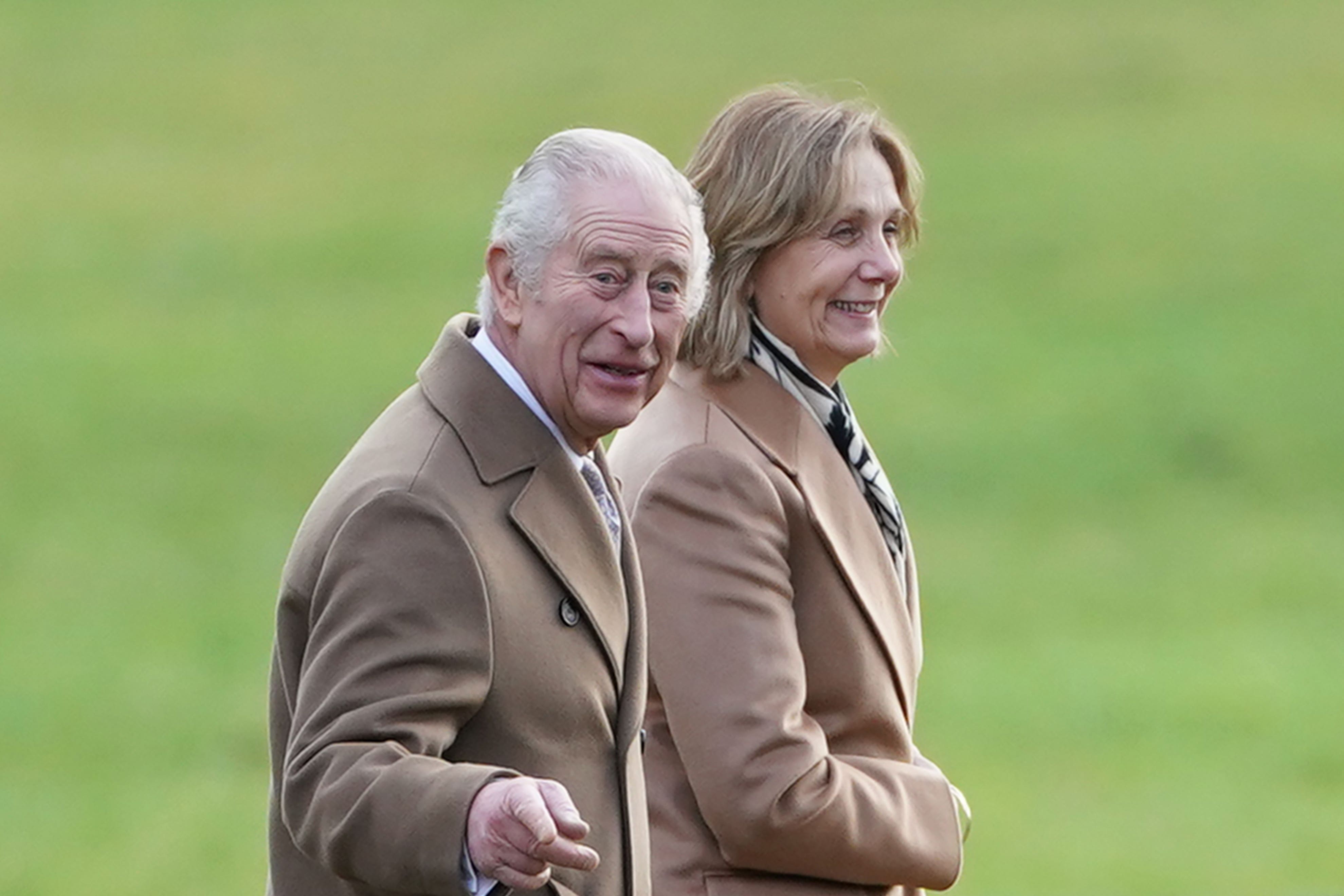Surge in men checking cancer risk after King’s prostate diagnosis, says charity
Buckingham Palace announced on Wednesday that Charles would be treated in hospital next week for an enlarged prostate.

Your support helps us to tell the story
From reproductive rights to climate change to Big Tech, The Independent is on the ground when the story is developing. Whether it's investigating the financials of Elon Musk's pro-Trump PAC or producing our latest documentary, 'The A Word', which shines a light on the American women fighting for reproductive rights, we know how important it is to parse out the facts from the messaging.
At such a critical moment in US history, we need reporters on the ground. Your donation allows us to keep sending journalists to speak to both sides of the story.
The Independent is trusted by Americans across the entire political spectrum. And unlike many other quality news outlets, we choose not to lock Americans out of our reporting and analysis with paywalls. We believe quality journalism should be available to everyone, paid for by those who can afford it.
Your support makes all the difference.News of the King’s enlarged prostate diagnosis has seen thousands of men checking to see if they are at risk of prostate cancer, new figures suggest.
NHS England said that since Charles shared his diagnosis, the “enlarged prostate” page on the NHS website has received 26,170 visits in 48 hours, including another 9,760 visits on Thursday, compared with a daily average of 1,400 visits earlier in the week.
And Prostate Cancer UK has also seen a big rise in the number of people using its online risk checker.
According to the charity, on Thursday there were 8,025 risk checks, of which 6,800 were noted as high risk.
The figures represent an increase of 101% on the previous day (3,993), and up 139% on the previous week.
An enlarged prostate does not usually pose a serious threat to health, and it is not cancer.
But the new figures from Prostate Cancer UK would suggest that news of the King’s condition has prompted men to also see if they are at risk of prostate cancer.
As well as the surge in checks on Thursday, the charity said that in the 24-hour period since the 3.30pm announcement on Wednesday, there had been 7,052 risk checks – of which 5,985 were high risk.
This represented an increase of 154% compared with the same time frame the previous day (2,769), and 113% up from the previous week (3,305).
Soon after the announcement of Charles’s benign condition, experts said they anticipated the 75-year-old’s desire to share his diagnosis would lead to men with symptoms seeking help.
It is understood Charles was keen to share his diagnosis to encourage other men who may be experiencing symptoms to get checked in line with health advice.
One in every three men over the age of 50 will have symptoms of an enlarged prostate including needing to visit the toilet more frequently, with more urgency and have difficulty emptying their bladder.
On Wednesday, Buckingham Palace said Charles’s condition was benign and that he would be having a “corrective procedure” in hospital next week.